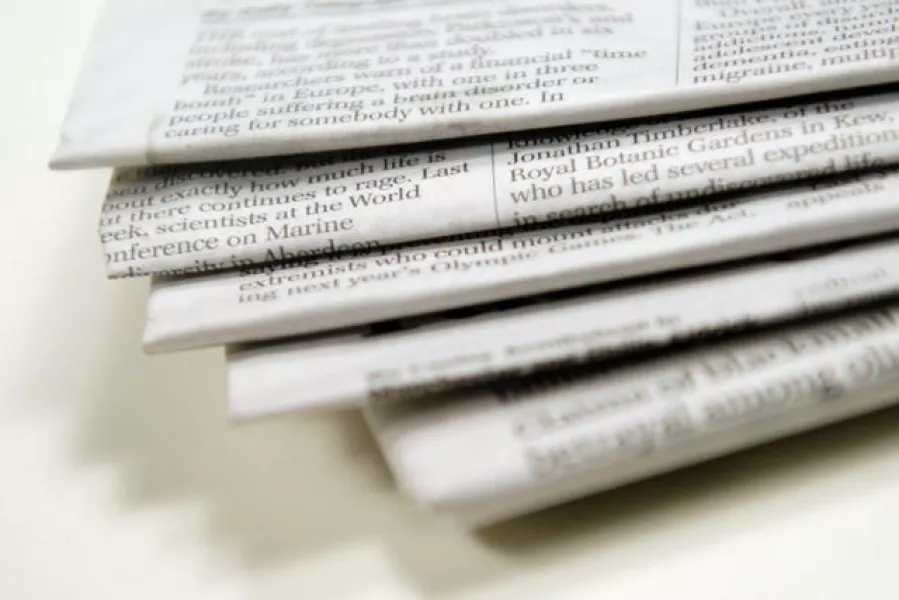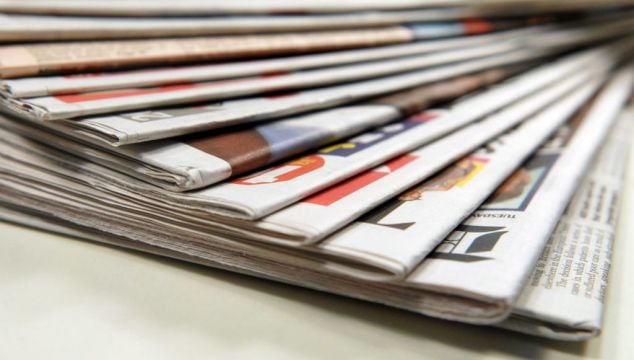Irish people have higher levels of interest in news compared to other countries, including the UK, research has found.
It also found that the disparity between Irish men and Irish women’s net interest in news is closing.
The Broadcasting Authority of Ireland (BAI) published research examining the role of gender and diversity in media consumption in Ireland and internationally.
The research was led by assistant Professor Dr Dawn Wheatley at Dublin City University.
Today we publish additional analysis of the Reuters Digital News Reports. The research looks at the impact of gender & diversity in news consumption in Ireland. It is presented in factsheet form here: https://t.co/hLE9nOoWul. This additional analysis was carried out by @FuJoMedia pic.twitter.com/dI1844EICb
Advertisement— BAI (@BAItweets) January 20, 2022
It found that while high-income earners continued to be ‘extremely’ or ‘very interested’ in news in 2021, the gap with low earners is closing.
In 2020, there was a 25 per cent difference, compared with 14 per cent in 2021.
Research found that education levels also played a role in trust in news material on social media.
Those who had low education levels, did not finish secondary school, are more likely to trust news material they see on social media, compared with those with high or medium education, who appeared to be more sceptical.
Low income earners in Ireland also seem to have higher trust in news on social media than medium and high income earners, it found.
Most people said they tend to disagree that they can trust news on social media in Ireland, but levels of trust appear to have increased in Ireland compared to 2020.
Ireland and the UK have the highest levels of concern for what is real and what is fake on the Internet.
More than two-thirds of women, and almost as many men, in Ireland have concerns around the accuracy of the content they’re seeing online.
Women in Ireland, compared to women in the UK, Denmark, Austria and Greece, have the highest level (25%) of accessing the news only once a day.
Ireland has a higher percentage of people who said they were ‘extremely’ or ‘very interested’ in news at 70%, compared with countries of a similar size including Denmark and Austria as well as the UK.

Of these four countries, Irish women had the lowest levels of “not very” or “not at all” interested in news at 5 per cent, while the UK had the highest with 12 per cent.
Irish women are more likely than Irish men to share news, however Irish men are more likely to share their opinions and comment on news stories.
Assistant Professor Dr Dawn Wheatley said: “The findings from this project were hugely interesting.
“We hope that this project will help to create awareness amongst news providers about how news and current affairs are consumed differently by men and women, and by people from different backgrounds, and that it will help them to tailor their news offerings to widen interest.
“This in turn will facilitate democratic debate and active citizenship.”







